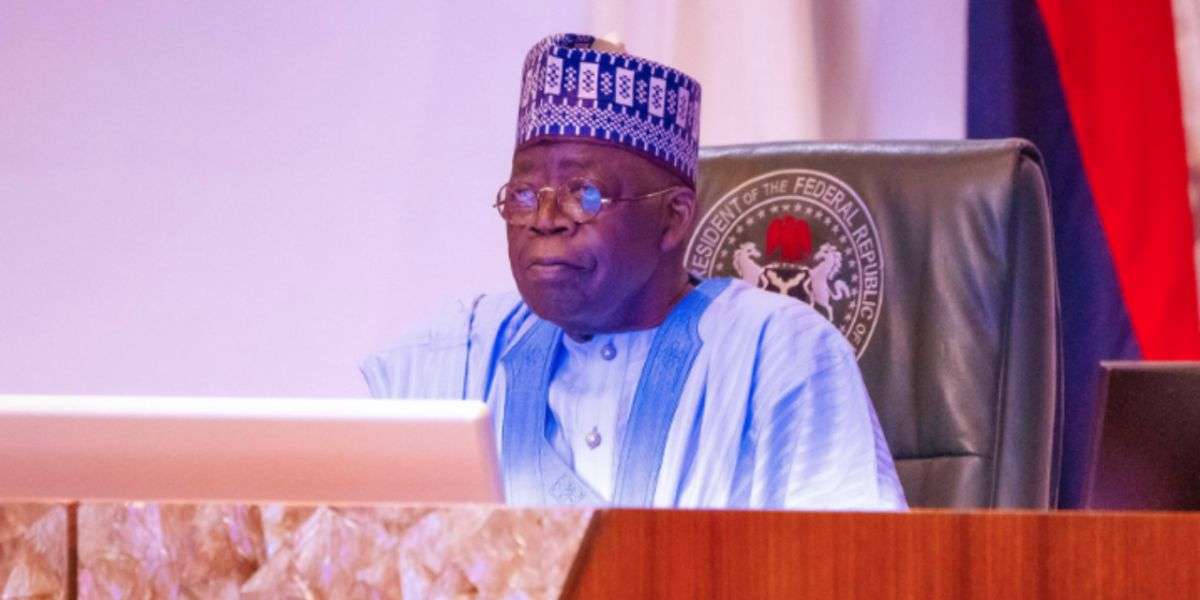Former Kogi State Governor Yahaya Bello, who led the state from 2016 to 2024, appeared in court on Wednesday, facing charges of conspiracy, criminal breach of trust, and possession of unlawfully obtained property. The Economic and Financial Crimes Commission (EFCC) arraigned him alongside two co-defendants, Umar Oricha and Abdulsalami Hudu, both officials from the Kogi State government.
Court Proceedings and Bail Applications
Justice Maryann Anenih presided over the case at the High Court of the Federal Capital Territory, Maitama. Bello and his co-defendants pleaded not guilty to the charges. Following their pleas, Justice Anenih ordered their remand in EFCC custody pending the court’s decision on their bail applications, scheduled for December 10.
The EFCC, led by Senior Advocate of Nigeria (SAN) Kemi Pinheiro, opposed the bail requests, particularly emphasizing Bello’s alleged refusal to cooperate with prior court summons. The prosecution argued that Bello evaded trial and had previously ignored attempts to secure his presence at a Federal High Court in Abuja for related charges.
However, Bello’s legal team, headed by former Nigerian Bar Association President Joseph Daudu (SAN), argued for his release, citing the presumption of innocence. Daudu highlighted that Bello’s court appearance was voluntary and emphasized the need for bail to prepare an adequate defense.
Allegations and Properties in Question
The charges allege that Bello misappropriated Kogi State funds to acquire multiple high-value properties across Abuja and Dubai. The properties include:
- No. 35 Danube Street, Maitama, Abuja – N950 million
- No. 1160 Cadastral Zone C03, Gwarimpa II, Abuja – N100 million
- No. 2 Justice Chukwudifu Oputa Street, Asokoro, Abuja – N920 million
- Block D, Manzini Street, Wuse Zone 4, Abuja – N170 million
- Hotel Apartment in Burj Khalifa, Dubai – AED 5.69 million
- No. 9 Benghazi Street, Wuse Zone 4, Abuja – N310.4 million
Additionally, Bello and his co-defendants were accused of transferring significant funds, including $570,330 and $556,265, to a TD Bank account in the U.S.
Prosecution’s Strategy and Defense Objections
The EFCC argued that the bail application filed by Bello was premature since it was submitted before the formal arraignment. Pinheiro asserted that bail considerations could only be valid after the defendants were officially charged, describing the application as “hasty and incompetent.”
The prosecution also revealed that some witnesses were ready to testify, seeking permission to open their case immediately—a request opposed by the defense.
Political Reactions and Public Support
Murtala Ajaka, the Social Democratic Party (SDP) candidate in the recent Kogi governorship election, praised the EFCC’s efforts, calling for a comprehensive investigation. Ajaka, who lost to Governor Usman Ododo, Bello’s ally, expressed readiness to provide evidence and urged the agency to build a strong case to ensure justice.
Ajaka described the EFCC’s actions as a critical step towards accountability and justice, which he believes the people of Kogi State have long awaited. He emphasized the importance of thorough investigations to secure irrefutable evidence and strengthen the prosecution’s case.
Implications and Next Steps
The trial is expected to continue with significant public attention, as it touches on broader issues of governance, transparency, and the fight against corruption. The December 10 hearing will be crucial in determining whether Bello and his co-defendants will be granted bail or remain in custody throughout the trial.
With mounting pressure from political stakeholders and civil society, the case serves as a litmus test for Nigeria’s commitment to holding public officials accountable for financial misconduct.



